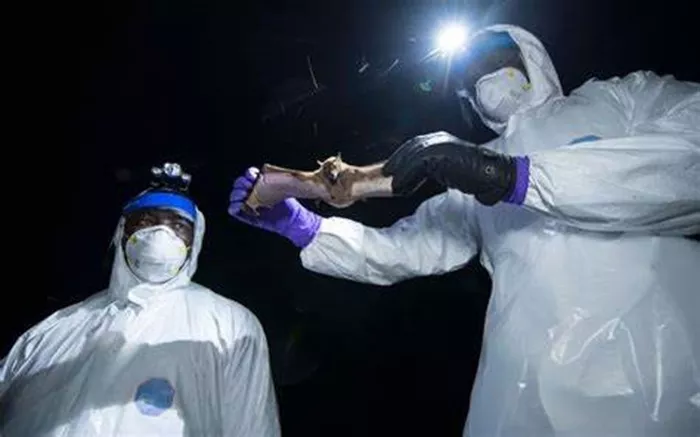Amid growing threats from mpox and emerging unknown viruses, epidemiologists are on the front lines, grappling with challenges such as limited laboratory capacity, misinformation, and government neglect. Their work is critical in the battle against outbreaks that could have global consequences.
The Challenge of Mpox in Nigeria
In September 2017, a case that would set off alarm bells across Nigeria walked into a teaching hospital in Bayelsa. An 11-year-old boy with fever, rash, and lesions was examined by infectious disease scientist Dimie Ogoina. Initially suspected to be chickenpox, further examination led to the stunning realization that the boy had mpox, a highly infectious disease that had not been reported in Nigeria for nearly 40 years.
The lack of immediate diagnostic tools meant samples had to be sent to the Institut Pasteur in Dakar, Senegal, delaying confirmation and fueling fear and speculation. The return of mpox brought with it societal challenges, including stigma and misinformation, complicating the medical efforts.
Global Spread and Emerging Variants
Mpox, first discovered in monkeys in 1958 and later identified in humans in the DRC, has a history of sporadic outbreaks in West and Central Africa. However, since re-emerging in Nigeria in 2017, the virus has shown a worrying trend of spreading among humans, leading to outbreaks across multiple continents.
The World Health Organization (WHO) declared mpox a public health emergency of international concern (PHEIC) last month due to the spread of a new, faster-spreading variant, clade 1b. This variant has sparked concerns of a potential global epidemic, with cases recorded in Africa, Asia, and Europe.
Struggles in DRC and Other Endemic Regions
In the Democratic Republic of the Congo (DRC), the fight against mpox is compounded by the ongoing conflict and low laboratory capacity. Diagnostic challenges make tracking the virus difficult, and the absence of vaccines has left the population vulnerable. While Western countries were able to control the 2022 outbreak with widespread vaccinations, Africa has faced delays and shortages, with only a fraction of the necessary vaccines being available.
The Broader Impact on Global Health
The situation in Africa, reminiscent of the COVID-19 vaccine distribution issues, highlights a global disparity in healthcare access. The lack of vaccines and healthcare infrastructure in many African countries poses a threat not just locally, but globally, as new variants and pathogens could emerge and spread.
Future Threats and the Work of Virus Hunters
As scientists like Ecuadorian epidemiologist Daniel Romero-Alvarez work on detecting new threats, the focus remains on niche pathogens that may be the next global health crisis. These “virus hunters” are crucial in identifying and understanding the behavior of deadly diseases in tough conditions, ensuring the world is better prepared for future outbreaks.
[inline_related_posts title=”You Might Be Interested In” title_align=”left” style=”list” number=”6″ align=”none” ids=”12081,12098,12094″ by=”categories” orderby=”rand” order=”DESC” hide_thumb=”no” thumb_right=”no” views=”no” date=”yes” grid_columns=”2″ post_type=”” tax=””]

































